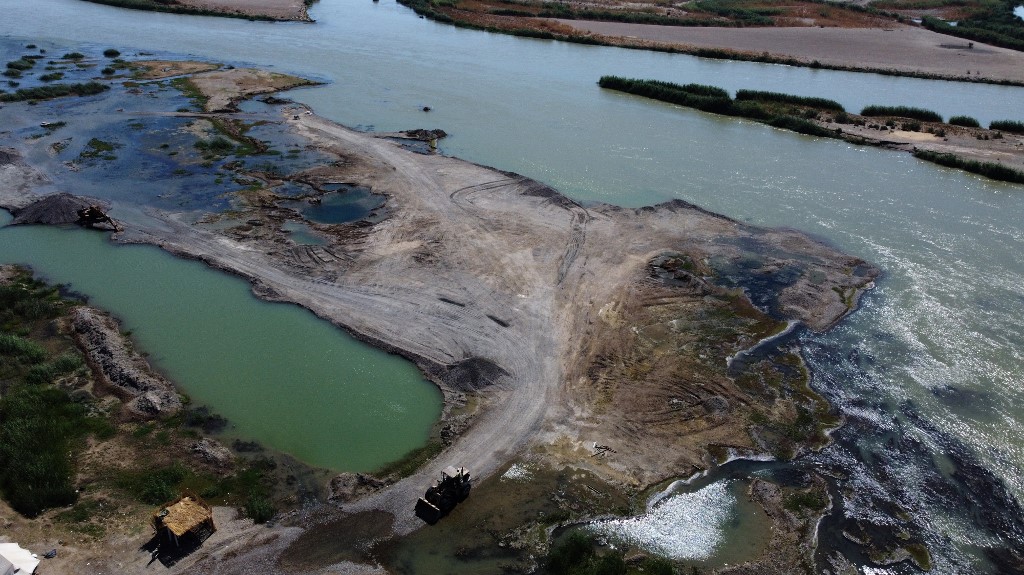The New-York based Human Rights Watch (HRW) has accused Turkish authorities of exacerbating an acute water crisis that is believed to have given rise to a deadly cholera outbreak spreading across Syria and into nearby countries.
HRW in a statement on Monday called on all parties to the conflict to ensure the right to clean water and health for everyone in Syria.
HRW said the Turkish authorities have failed to ensure an adequate water flow downstream into the Syrian-held portion of the Euphrates River and a consistent water supply from the Allouk water station, a critical source of water located in an area of northern Syria under their control, to areas held by Kurdish-led forces in northeast Syria.
Turkey sees the Kurdish-led forces in northeast Syria as an extension of the outlawed Kurdistan Workers’ Party (PKK), which is listed as a terrorist organization by Turkey and much of the international community.
HRW also said discriminatory diversion of aid and essential services by the Syrian government as well as ongoing security and access constraints across all of Syria inhibit an adequate humanitarian and emergency response in affected parts of the country.
“This devastating cholera outbreak will not be the last water-borne disease to impact Syrians if the country’s severe water problems are not immediately addressed, particularly in the northeast,” said Adam Coogle, deputy Middle East director at HRW. “Turkey can, and should, immediately stop aggravating Syria’s water crisis.”
The Syrian Health Ministry declared a cholera outbreak on Sept. 10, 2022, with the former UN Humanitarian Relief Coordinator Imran Riza calling it a “serious threat to the Syrian people” and to the entire Middle East region. As of Nov. 1, the World Health Organization had recorded 81 deaths from cholera in Syria and more than 24,000 suspected cases. Cholera has since spread to Lebanon, a country enduring multiple crises.
Human Rights Watch spoke to 10 humanitarian workers at five international aid organizations working in and on Syria. They highlighted the water crisis, the shortage of medical supplies to the northeast and the lack of consolidated information from all regions of Syria as major obstacles to an effective response. Researchers also reviewed internal reports by humanitarian organizations on the water crisis from May 2021 onward and on the cholera outbreak more recently.
More than 10 years of conflict have fragmented Syria, decimating its civilian infrastructure and services, including healthcare facilities, water and sanitation systems and electricity grids. The United Nations estimates that two-thirds of Syria’s water treatment plants, half of its pumping stations and a third of its water towers have been damaged since 2011. “Cholera does not have to be fatal,” said an aid worker for northeast Syria, stressing that malnutrition rates, the country’s severely damaged healthcare system and the lack of safe drinking water for many people make the situation so acute.



